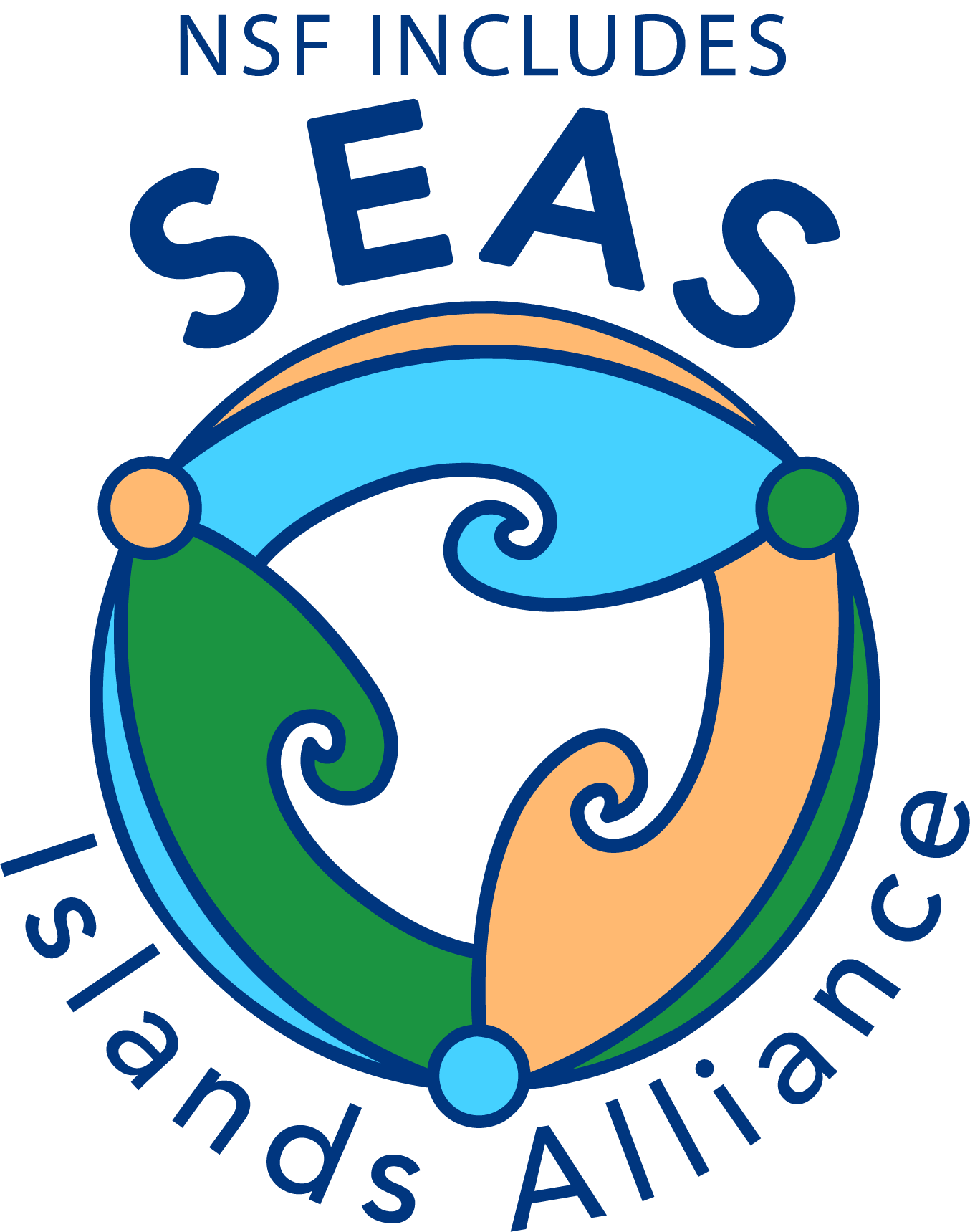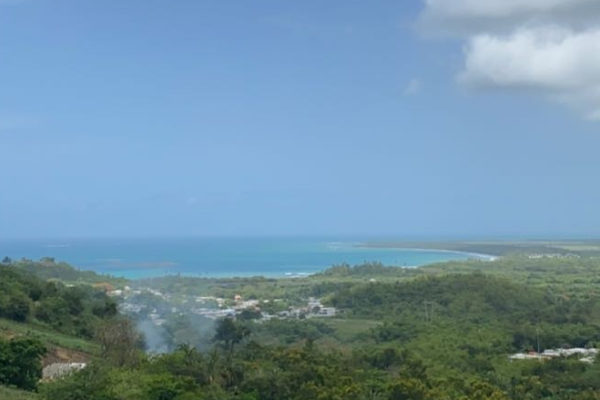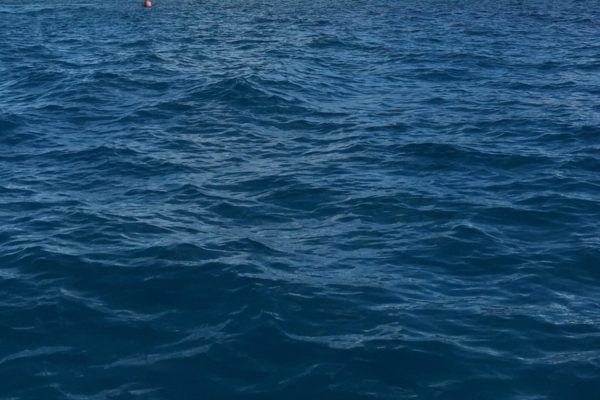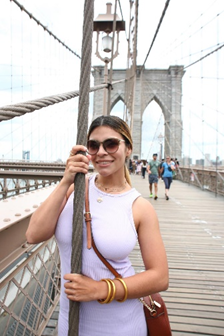 Meet SEAS Islands Alliance Workforce Fellow Stephanie Lopez. SEAS workforce fellows like Lopez gain experience and training in science careers through placements with local agencies and organizations. As a SEAS workforce fellow in Puerto Rico, Lopez is working with Nilda Jimenez, endangered species program coordinator at the Puerto Rico Department of Natural and Environmental Resources, on coral reef restoration.
Meet SEAS Islands Alliance Workforce Fellow Stephanie Lopez. SEAS workforce fellows like Lopez gain experience and training in science careers through placements with local agencies and organizations. As a SEAS workforce fellow in Puerto Rico, Lopez is working with Nilda Jimenez, endangered species program coordinator at the Puerto Rico Department of Natural and Environmental Resources, on coral reef restoration.
Lopez was interviewed by Mairim M. Villafañe-Vicente, a master’s student at the University of Maryland Center for Environmental Science’s Horn Point Laboratory who was previously a SEAS Islands Alliance workforce fellow.
How did your experiences growing up in Puerto Rico influence your career choice?
Growing up in Puerto Rico, I didn’t have early experiences exploring the ocean. Instead, it was as an adult that I began delving into the wonders of the marine environment. Despite the delayed start, the impact was very deep. As I ventured into the ocean during my adult years, the beauty and fragility of the underwater world captivated me. Witnessing the challenges faced by Puerto Rico’s marine ecosystem fueled a newfound passion for marine biology and environmental conservation, and this connection with the ocean has become a driving force behind my commitment to coral reef restoration. Now, I am dedicated to contributing meaningfully to the preservation of Puerto Rico’s marine life.
How did you learn about the SEAS Islands Alliance and decide to get involved?
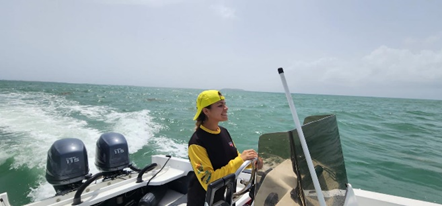
When I graduated with my bachelor’s degree, I came across this alliance [through a friend’s recommendation]. The decision to get involved with SEAS was driven by an instinctive understanding that this was an opportunity to align my academic background and personal commitment to science.
Have you gained any skills through the workforce fellowship that you feel are particularly valuable?
First and foremost, I learned how to dive, which not only deepened my connection to marine environments but also allowed me to actively engage in underwater activities. [I have had] the opportunity to learn about coral identification and solidify my understanding of the ecosystems I was working to protect. Gaining proficiency in Stony Coral Tissue Loss Disease (SCTLD) treatment equipped me with hands-on expertise in addressing a specific environmental challenge. Learning to drive a boat expanded my practical skills, and these experiences helped me to feel safer in the water. The experience of doing oral presentations strengthened my voice and gave me courage, because they helped me practice my communication abilities, and also allowed me to overcome any initial fear of public speaking. The opportunity to convey my passion and knowledge to others became a powerful tool for advocating and modeling conservation practices.
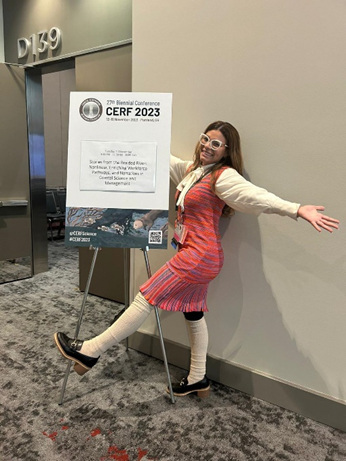
You presented about your journey in science at the Coastal and Estuarine Research Federation in November 2023. In what ways do you feel you impacted your audience in that presentation?
My presentation at the CERF conference was an exercise in authenticity in a world that often favors stereotypical professional images. I understood that by being clear and true about my life, I could have a genuine impact on others, simply because that’s who I am. In a world that often demands we adhere to certain standards, choosing to be true to oneself becomes a liberating and valuable approach. My impact at the conference translated into inspiring others to embrace their authenticity and their roots and to enjoy being themselves and appreciate every step of the way.
Can you talk a little bit more about what your research interests are?
My experiences in the field, especially in the SEAS Islands Alliance, have fueled an interest in developing and implementing effective strategies for coral restoration and disease mitigation. I am also [interested] in the broader ecological dynamics within coral reef ecosystems, including the relationship between different species and the influence of environmental factors on biodiversity. Understanding these intricate connections is crucial for developing comprehensive conservation plans. And that’s what I want to do. I want to conserve my resources. But to do that, I need to first understand how they work.
What about corals caught your attention?
Coral reefs are often referred to as the rainforests of the sea due to their incredible biodiversity. Corals provide essential ecosystem services, including habitat for numerous marine species. Understanding and preserving these services is critical for the well-being of both marine life and coastal communities. On a more personal note, the sheer beauty of coral reefs, with their vibrant colors and intricate formations, adds an aesthetic dimension that enhances the emotional connection to the ecosystem.
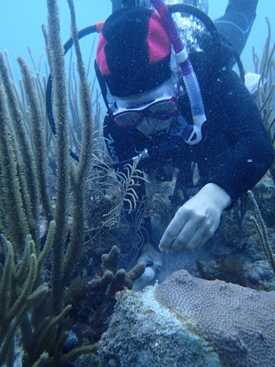
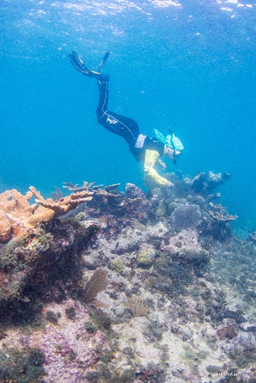
Do you have any ideas about what you will do after finishing the fellowship?
I would say I want to do everything. I love to do everything. But for sure, I really want to continue into my next step which would be graduate school.
How do you think the skills you’re gaining as a workforce fellow will benefit Puerto Rico in the future?
The skills I am acquiring are not just tools for the present; they serve as a foundation for Puerto Rico’s environmental legacy. I envision myself as a steward, continuing the work of those who have tirelessly protected our resources this far. With a dedicated focus on coral reefs, SCTLD treatment, and the promotion of sustainable practices in mitigating threats and ensuring long-term sustainability, I am to be a guardian of our marine ecosystems. I am committed to ensuring that the invaluable natural resources of our island endure for generations to come, [while] recognizing that this is no easy task.
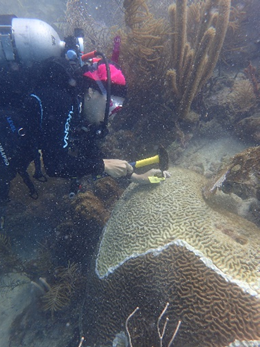
Do you have any advice for SEAS students, or students that are interested in environmental science?
I would tell them to let everybody hear their voices because everybody has a way of thinking. Every word you say is important, believe it or not. Never feel like you are dumb for not knowing something because you feel scared trying to do new stuff you’ve never done before. Feel free and happy. That’s the only way you’re going to learn and you’re going to enjoy what you’re doing.
